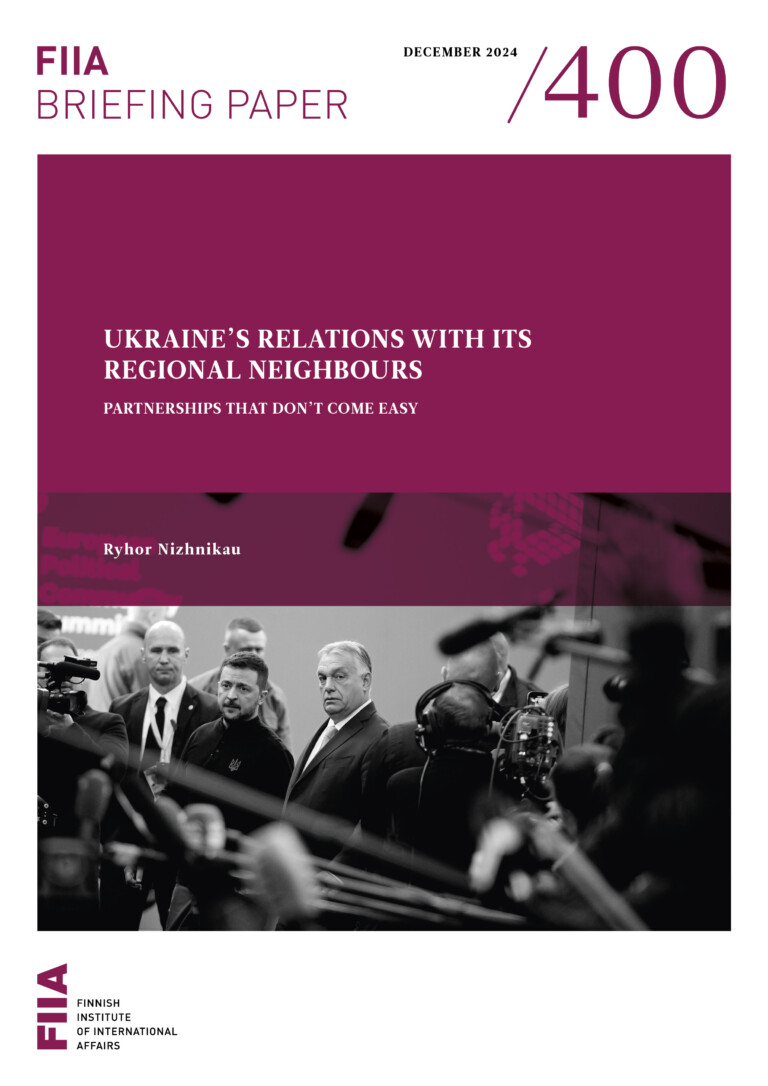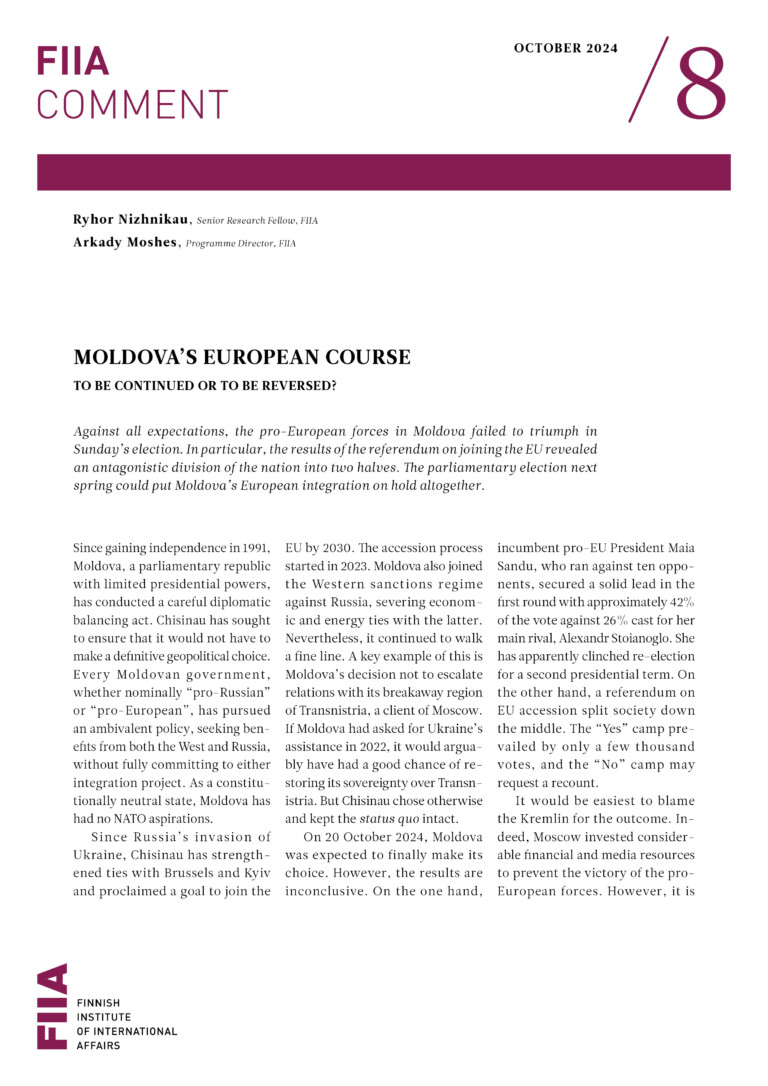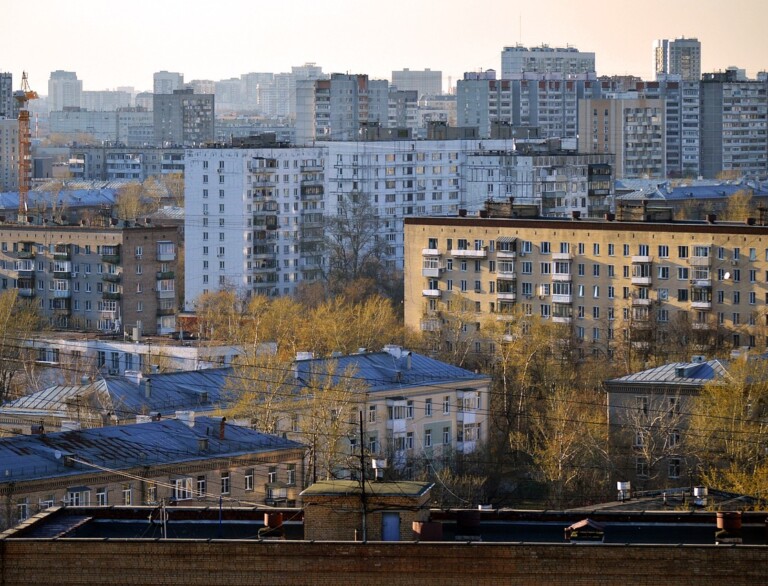Russia’s new security law is said to clarify the competences of the main state authorities in the field of security. It succeeds in doing so only in part, however, failing to provide clear guidelines on what is meant by security and how the different authorities should coordinate their actions.
During Dmitry Medvedev’s presidency, major foreign and security policy documents have been updated or reformulated, ranging from the Foreign Policy Concept in July 2008 to the National Security Strategy that was approved in May 2009. On top of these documents, a new version of the Military Doctrine was approved in February 2010, preceded by the amendments made to the “Law on Defence” in November 2009. The new “Federal Law On Security”, approved by President Medvedev on December 28, 2010 is the latest piece in this patchwork of texts elaborating Russia’s stand on foreign relations and national security.
But what does the security law actually entail? Will it have political implications, especially security political ones? Most importantly, does it provide the means for coordinated actions on improving security, the lack of which was painfully obvious in the recent terrorist attack at Domodedovo Airport in January 2011.
The new law clarifies the competencies of the President, the Government, the Federation Council and the State Duma in the sphere of security. It is also said to upgrade the status of the Security Council. The Security Council is a “constitutional consultative body” that prepares the President’s decisions on national security affairs. The new edition of the law stipulates that the “state policy on security” is formulated by the Security Council in accordance with the National Security Strategy, and approved by the President.
It is noteworthy that the reference made in the previous edition of the law (approved in 1992) to the legislative, executive and judicial powers and their different competences and responsibilities in protecting the individual, society and the state has been dropped from the new edition. The law does, however, define the main principles for safeguarding security, including the following: observance and protection of the rights of the individual and citizen, lawfulness, actions undertaken systemically and with integrity to protect security, the prioritizing of advanced measures and cooperation between different state and civil society agencies, including international organizations. The law also includes a list of competences which the federal agencies are charged with. What is emphasized is the need for coordination and organization of the state actions under a system termed “strategic planning”.
However, whereas the previous edition of the law listed the customs authorities, firefighters, environmental protection units and so forth as agencies responsible for actions in the sphere of security, in the new law reference is made only to federal, as well as “regional- and municipal-level state organs” without further specification. “Citizens and civil society organizations” that “may participate in the realization of the state policy in the area of safeguarding security” receive a special mention in this context. This point was added after the second hearing in the State Duma on November 24, 2010, but no clarification has been given on the actual competences of these agencies in the security realm.
The same vagueness applies to the general provisions of the law. The preamble, as well as the first Article, draw on an understanding of security as an all-encompassing concept, going beyond the traditional military-security realm and including, for example, environmental threats.
The new edition of the security law raises some important questions about the current state of Russian politics.
First, the new law, notwithstanding the references made to the wider security concept, does not include the concept of security. This is something that was clearly stated in the previous edition approved in March 1992. It included a definition of what is meant by “security”, “security threat” and “safeguarding security”. All of the aforementioned are now missing.
What is more, the previous edition clearly stipulated that the state is the servant of the people, the highest priority being human security in the broad sense. Whether or not the Russian state had the means to act upon the principles written into the law in 1992 is another matter. But the point is that in today’s Russia, when those means should be available, in theory at least, the idea of the people coming first and the state only second has been played down. The law does prioritize the maintenance and protection of the individual and citizen rights. However, the notion that state agencies’ competences are derived from the law and that the state has responsibility towards its citizens is missing.
Second, the new law has been welcomed as providing the means to “define the basic functions and security principles for government authorities in the social sphere, economy and society as a whole”, as one news report put it. Yet, the new edition leaves open the question concerning the internal integrity of state actions. The prioritization of “strategic planning” and “coordination” reveals more about the lack of coordination than any success in having established such a mechanism in practice.
Third, it may well be that the timing of the law is merely coincidental and no link can be established between it and the preparations for President Medvedev’s second term in office. Yet, if Medvedev gets his second term, the law and the capacities for action inscribed in it, namely through the Security Council, would provide the President with additional administrative capacities in the foreign and security policy field. But this, again, is only an option written into the law.
Only when the law is put into practice will we actually be able to assess its implications, if any. In the aftermath of the terrorist attack at Domodedovo Airport, as in the wake of the attack in the Moscow underground almost a year earlier, attention has been paid to ‘transport security’ in the country. But the creation of the new post of deputy interior minister responsible for the transport security situation hardly resolves any of the underlying problems. Yet, it is in line with the general spirit of the new edition, which approaches security as an administrative issue subject to control and bureaucratic manoeuvring.






